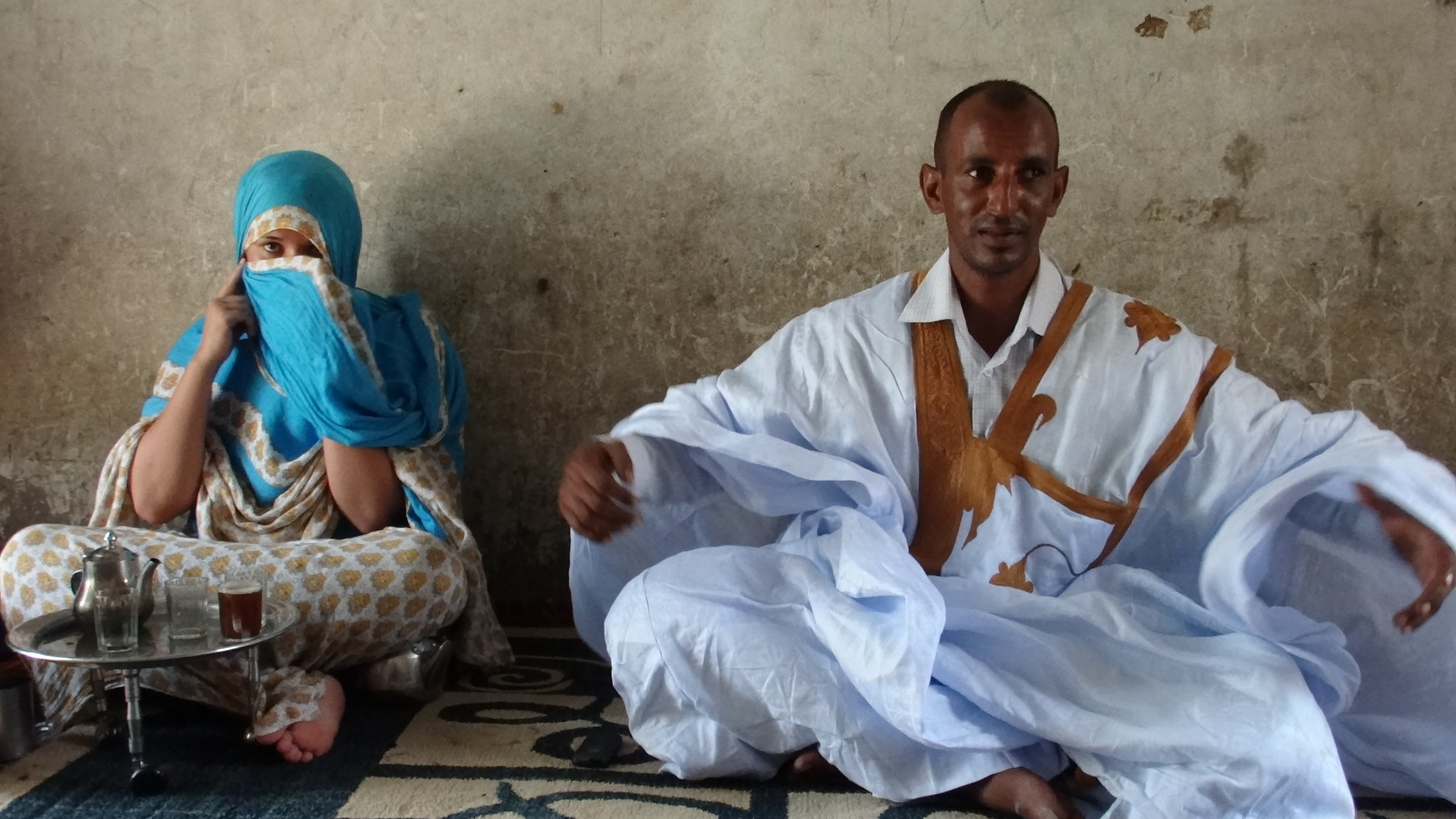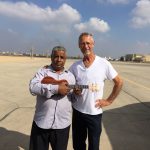STORY AND PHOTOS BY DAN GLEASON
Northwest Africa’s Mauritania often struck me as a true fly-over state, when I flew over it on my way home from greener parts of the continent. Despite my interest in people and places, from the cockpit of the private aviation planes I pilot, nothing I could see down below in Mauritania attracted me. Rather, looking below, I was all the more glad for sufficient fuel on board to continue to Western Sahara or Morocco or maybe even the Canary Islands. Every time I crossed it, the country tidily became an uncompelling memory as soon as I exited Mauritanian airspace.
But that all changed after it became one of my destinations.
Most people I talk to have never heard of Mauritania. After all, there’s little oil and very little in terms of what the rest of the world considers natural resources. Why should that particular 9% of the Sahara Desert interest anyone who hasn’t had some of that sand in their shoes?
But now, I’m one of those who has.
~~~
We’re embarrassed by stretch marks in the West. But Gwafa (not his real name), a Tuareg who is now a Mauritanian business opportunist, explains that men there like stretch marks on their women.
Young girls approaching womanhood are sent off to “fat camps” where they’re force-fed rich-in-fat camel milk and rich-in-carbs white bread. Not eating is not an option. Regurgitation earns beatings. Prospective suitors/buyers want stretch marks, not bruises, but will take the latter to get the former.
Gwafa is married. I asked if his wife is fat. Through an unrestrained smile he reported with relish, “Yes, she is fat!” But at present he can afford only one wife.
~~~
Squatters in the capital, Nouakchott, take refuge in makeshift, low tents. They either beg or feed their tiny goat herds scrap cardboard pitched out the back door of local stores. These real people cannot afford stretch marks.
The refugee resettlement camp in Bassikounou, in the southeastern corner of Mauritania, has for 10 years provided refuge to people fleeing from conflict in Mali. The camp occasionally gets media attention outside of eastern Mauritania. These real people live the tensions and poverty of refugee life.
In 1981, Mauritania became the last country on our planet to abolish slavery, but that crime is rarely prosecuted. Real people there still live in a system of hereditary racial enslavement.
There are some paved streets in the capital city. But, unsurprisingly, the Sahara relentlessly recovers from those asphalt intrusions, hourglass-like in its unhurried yet measured persistence. Real people manage to survive the unforgiving forces.
~~~
I’m skinny; I lost 10 pounds in six weeks watching real people doing their best with resettlement, or stretch marks, or a cardboard diet once removed.
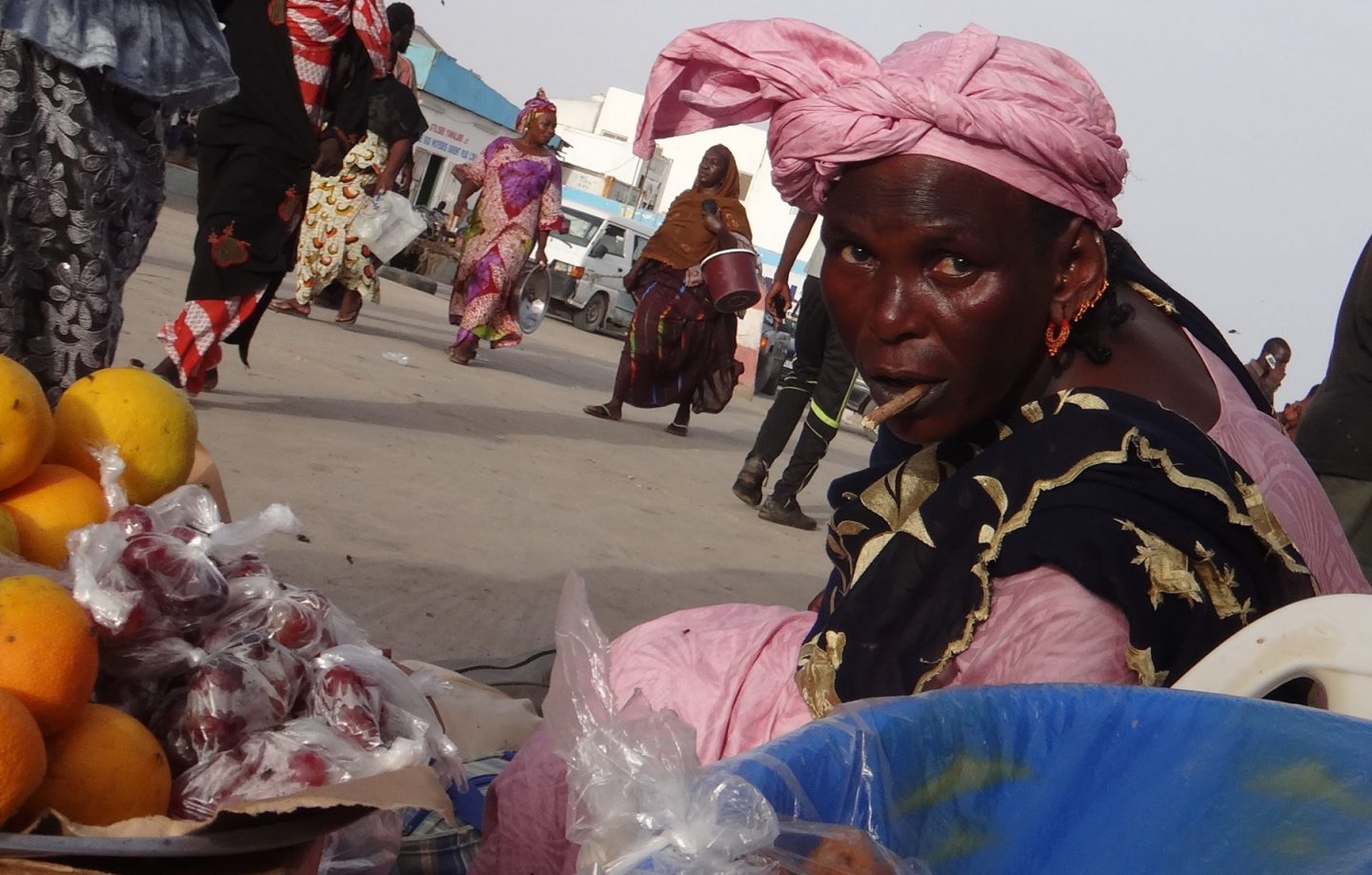
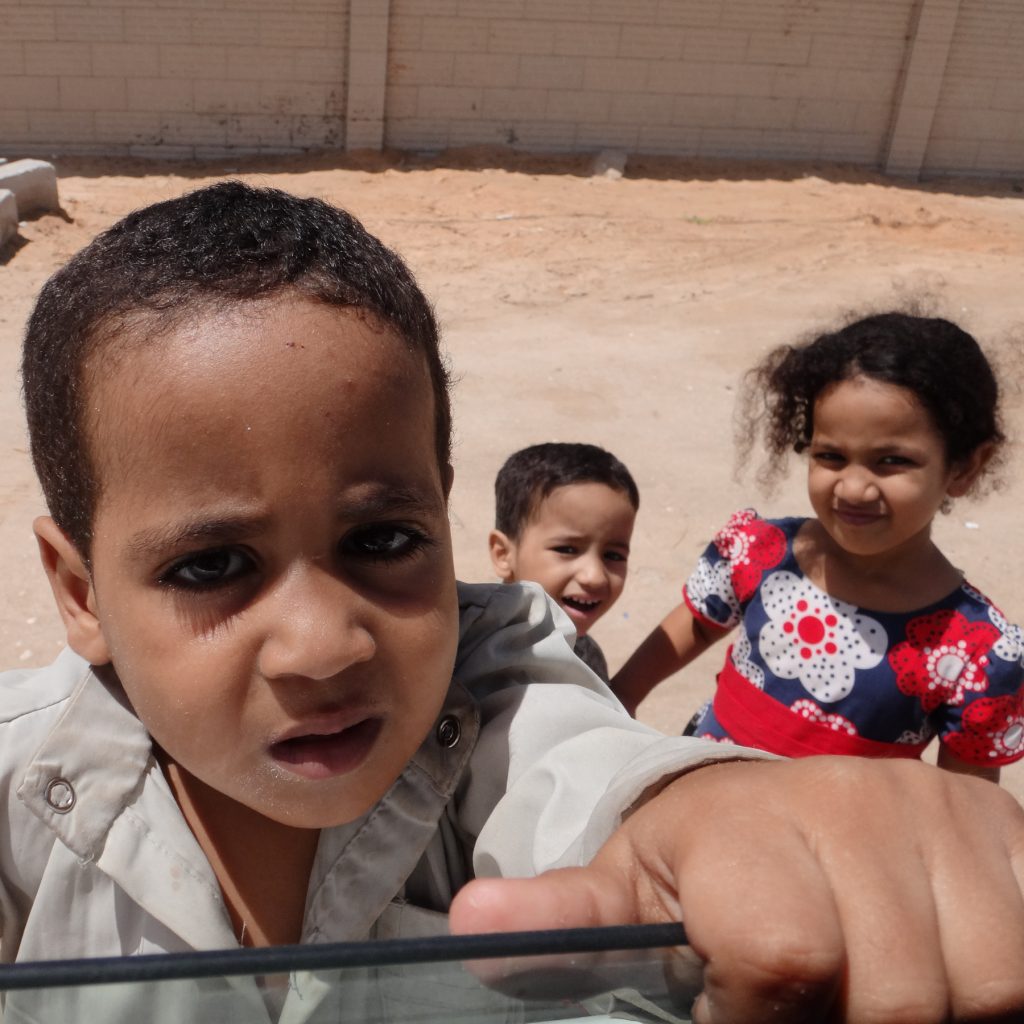
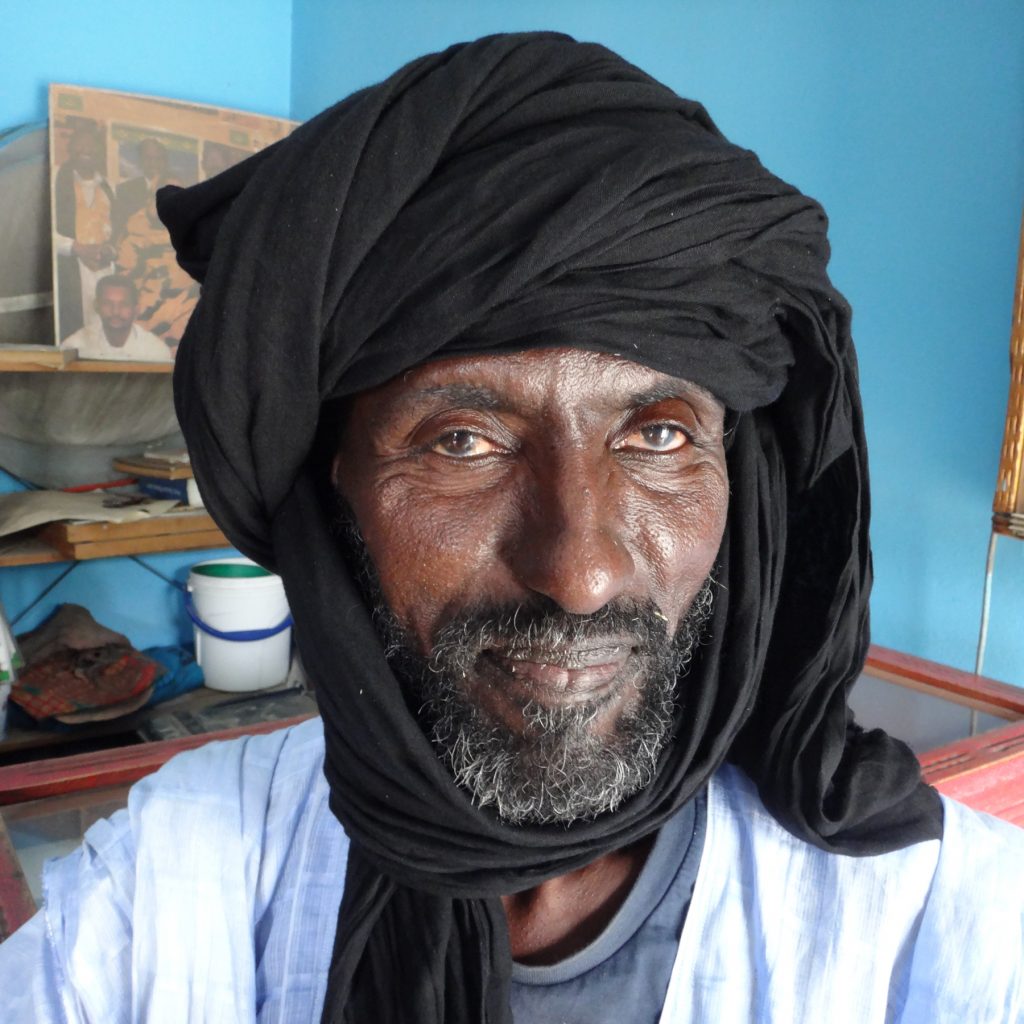
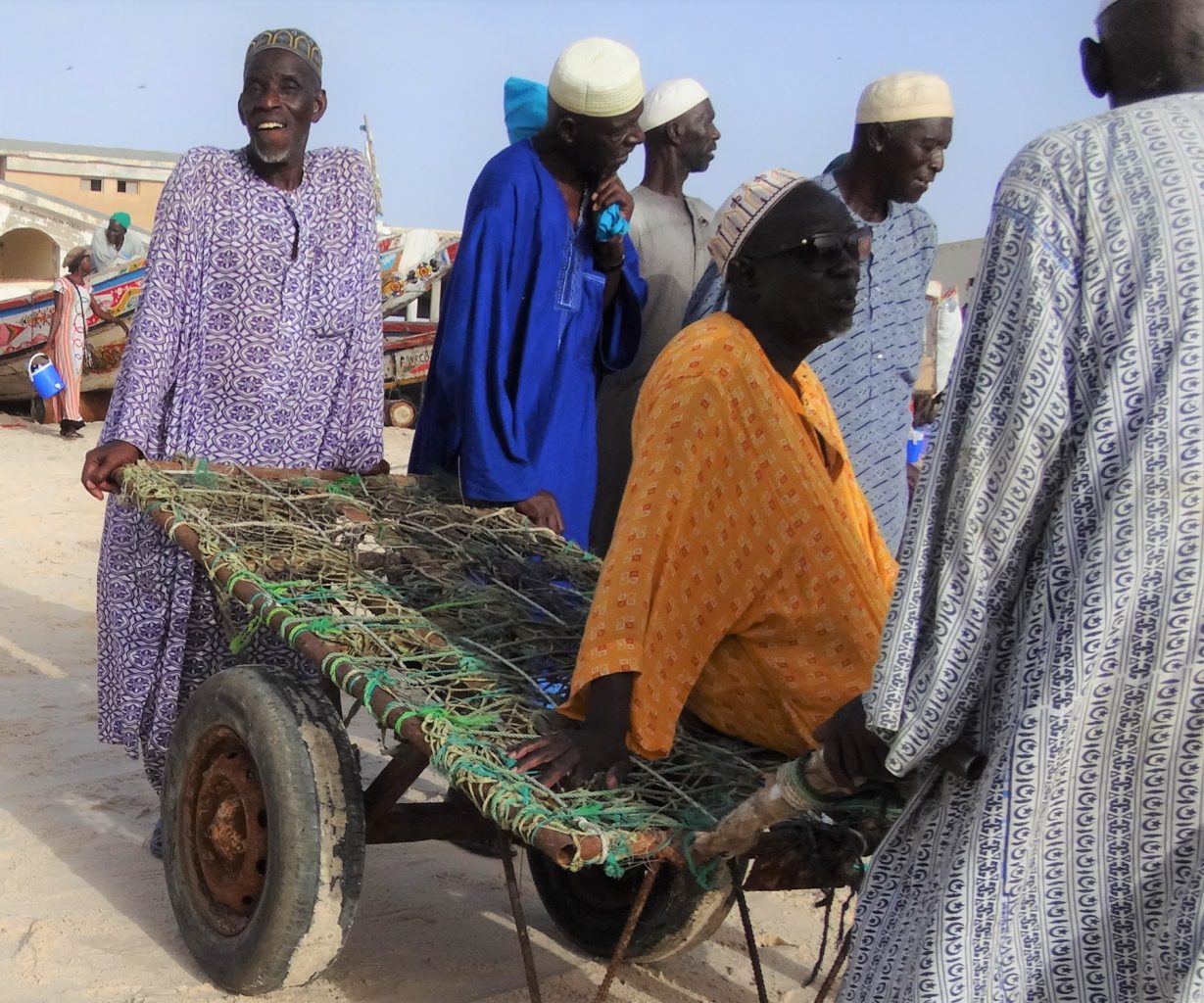
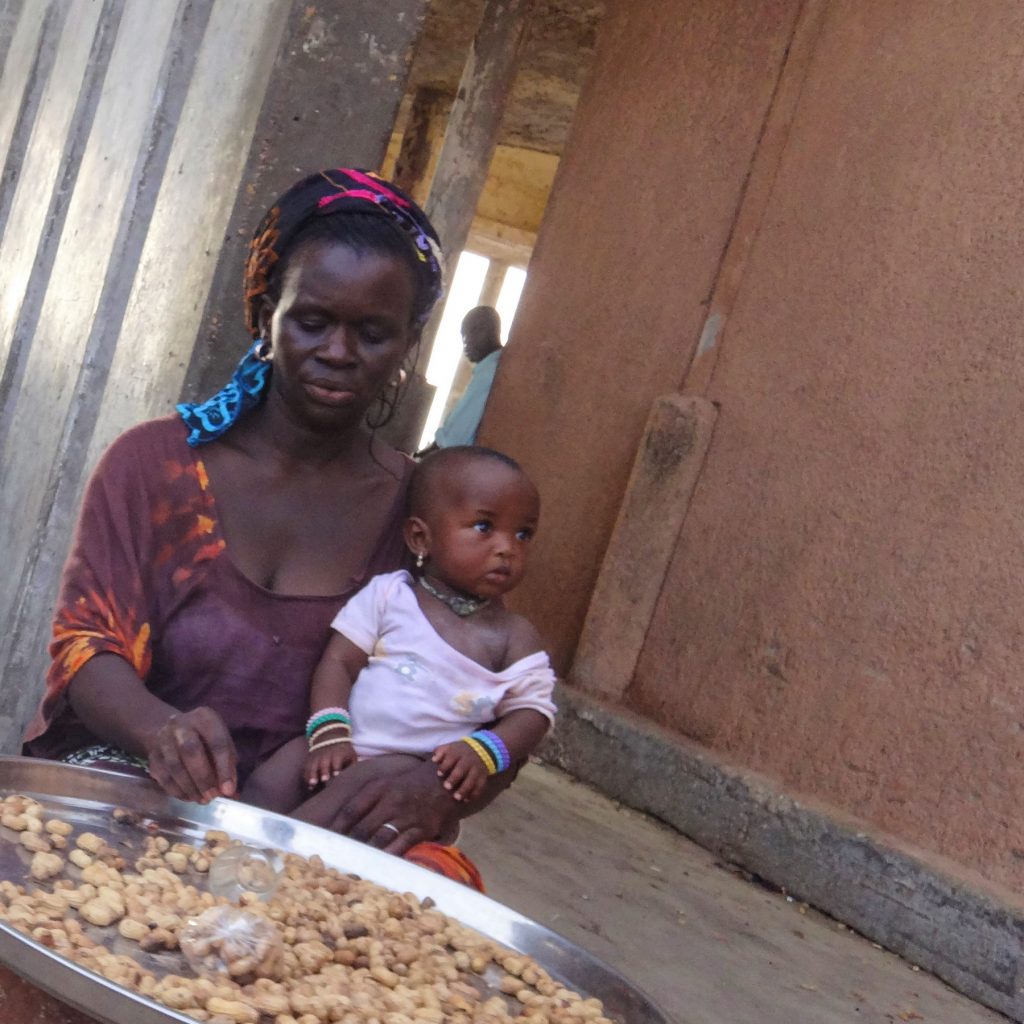
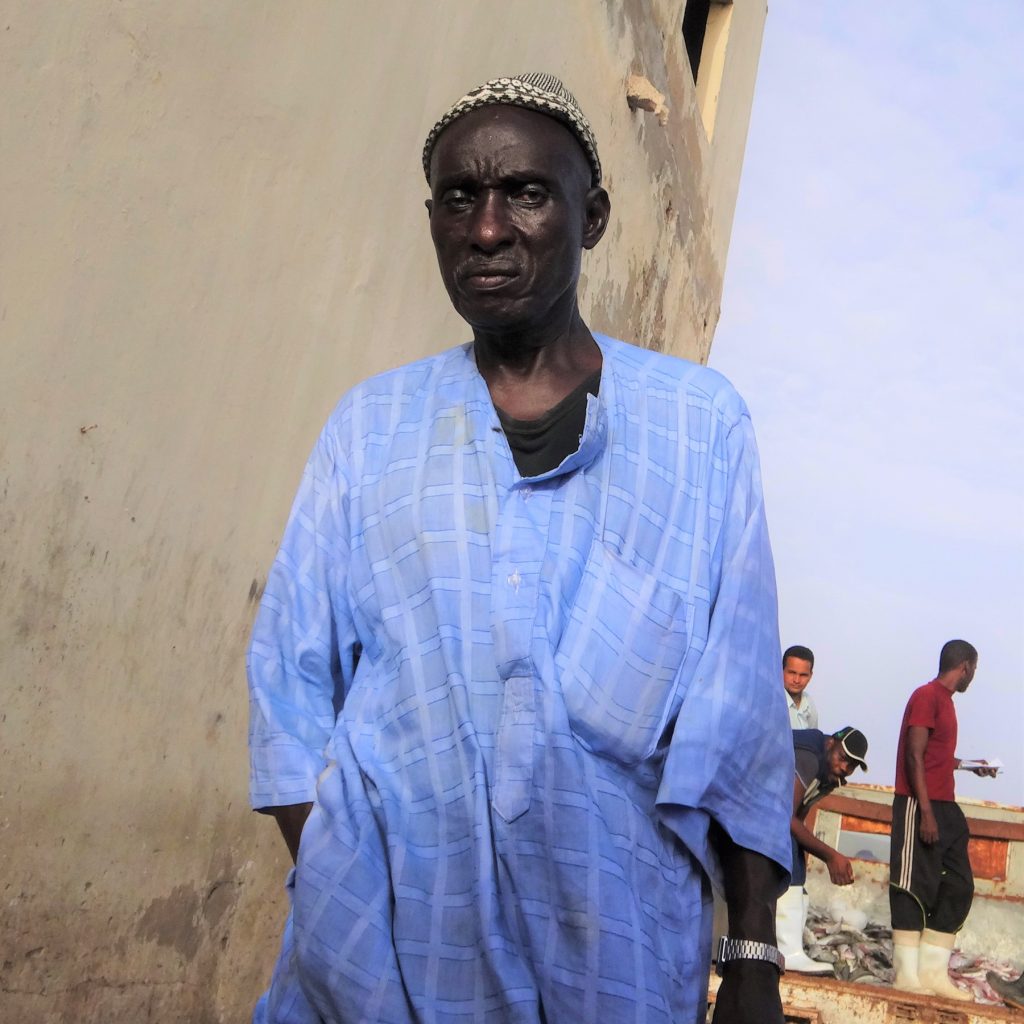
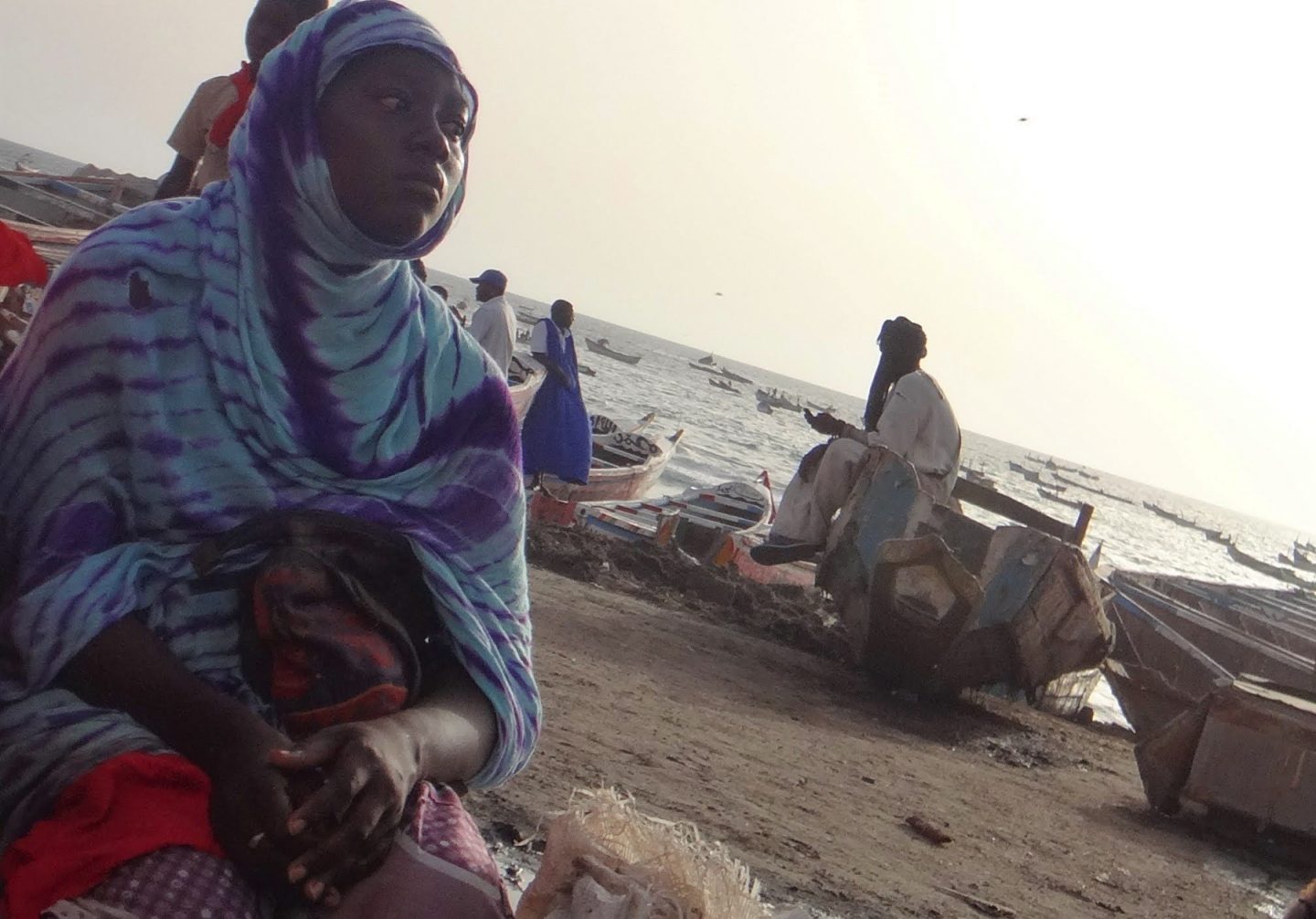
Dan Gleason, a one-time horticulturist to an historic George Washington family estate, one-time missionary pilot to the rural Philippines, and one-time unconventional niche pilot, was surrounded on all sides of his family by English teachers and overtaken by adventure later in life through no fault of his own. Having piloted planes in 62 countries and visited more, regular people and the God-designed commonness of humanity are his fascination. He believes that real stories tell themselves, but sometimes he feels compelled to record them to share the wealth. He also helps his daughter with homeschooling.

